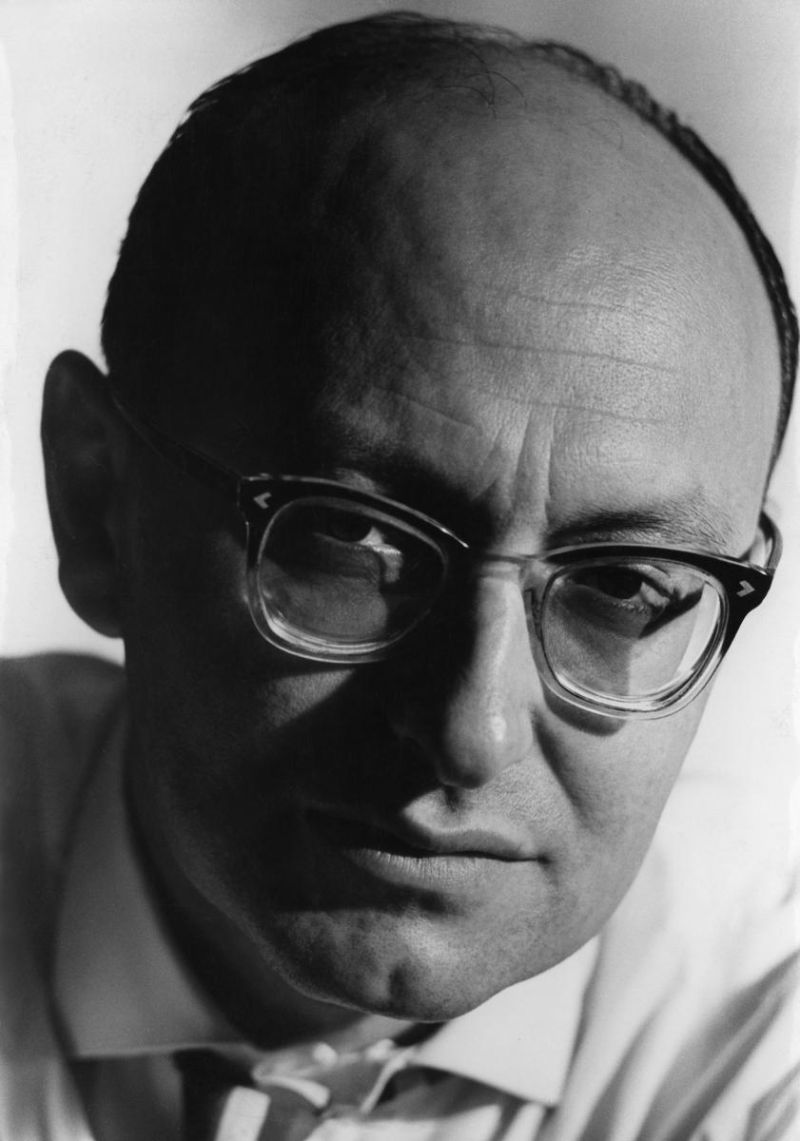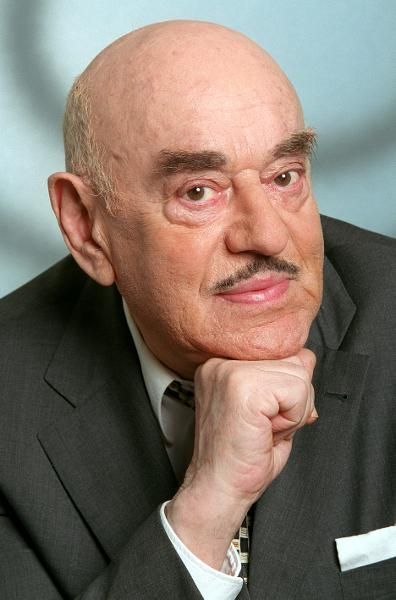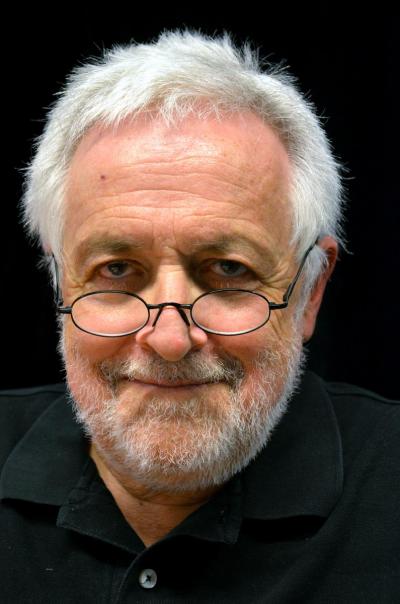“MRR”: His Life
Mediathek Sorted




Interview with Gerhard Gnauck on SWR (German)

Interview with Gerhard Gnauck in memory of Marcel Reich-Ranicki (German)
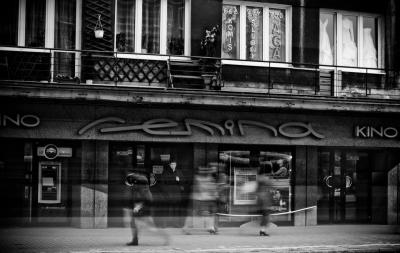







In memory of Marcel Reich-Ranicki on Radio ‘Trójka’ (Polish)

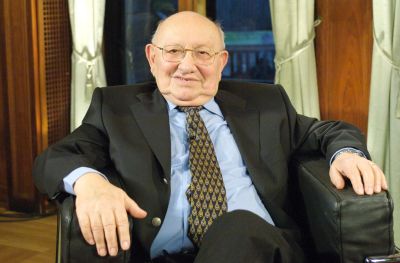


Marcel Reich-Ranicki - Radio play by "COSMO Radio po polsku" in English

Marcel Reich-Ranicki in an interview with Joanna Skibińska

Marcel Reich-Ranicki auf Polnisch! Interview mit Joanna Skibińska 2000







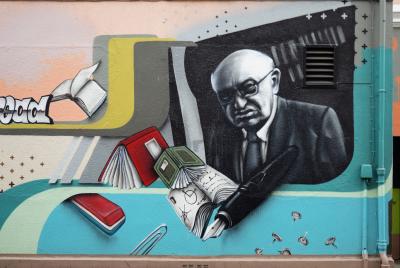




























But he never entirely cut himself loose from Poland. In his first years in Germany, after 1958, he regularly wrote about Polish literature and his articles were later turned into a book. [9] Marcel Reich-Ranicki also maintained his contacts with a few Polish and Polish-Jewish emigrants, as well as with intellectuals who arrived from Poland, like Szczypiorski. That said, neither he nor his wife - at least until 2009 - and son ever returned to Poland despite the many invitations, one of which was from the State President, Aleksander Kwaśniewski.
Poland too never entirely cut itself off from its former citizen. The regime accused him of contacts with the worst “antisocialist elements” in Polish exile. Reich-Ranicki’s Warsaw colleague from the 1950s, the German scholar and theatre academic, Andrzej Wirth, was commissioned to use his journeys to the Federal Republic in order to “spy out Ranicki’s private life and his material situation in Germany”.[10] Having agreed to this, he met up with Reich-Ranicki, but delivered nothing of any value to the authorities in Poland. The Polish secret service gradually became convinced that Wirth, (codename “Bruno”) was only reluctantly working for them and stopped working with him.
This article has mainly covered the Polish and Jewish aspects of Reich-Ranicki’s life. The German part of his life is comprehensively dealt with in the biographies written by Thomas Anz and Uwe Wittstock, as well as in a richly illustrated book by Frank Schirrmacher. Teofila Reich-Ranicki died in 2011, to be followed two years later by her husband, Marcel. They were both buried in the main cemetery in Frankfurt-am-Main (Urnenhain, Gewann XIV 34 UG).
Speaking about himself, Reich-Ranicki once said that his fatherland was “literature, German literature”. He did not wish to remain in people’s memory as “50% Polish, 50% German and 100% Jew“, a sentence from the 1950s which he later denied ever saying. In any case he was never a true Jew in the religious sense of the world, but a self-confessed atheist. If anything connected him to Poland, he wrote, then it was the language, its poetry and Chopin. And a city. He said that he left the land of his birth in 1958 in a wistful mood. “It was not difficult to leave Poland, but to leave Warsaw. Here, for almost 20 years, I lived through an infinite number of experiences, burdens, suffering and love.” [11]
Gerhard Gnauck, April 2017
Further reading:
Gerhard Gnauck: Wolke und Weide. Marcel Reich-Ranickis polnische Jahre, Stuttgart 2009
For further information: http://www.maths.ed.ac.uk/~aar/surgery/bio.htm
Here you can will find the entry about Marcel Reich-Ranicki in the Encyclopaedia Polonica.
[9] Marcel Reich-Ranicki: Erst leben, dann spielen. Über polnische Literatur. Göttingen 2002. The dedication reads: “For Teofila Reich-Ranicki, who won me in hard time - it was in Warsaw, in the years 1940-1944 - for Polish poetry.”
[10] From the files of the security service (SB) quotes to: Gnauck, page 207
[11] Marcel Reich-Ranicki, The Author of Himself: The Life of Marcel Reich-Ranicki, page 390





















































































